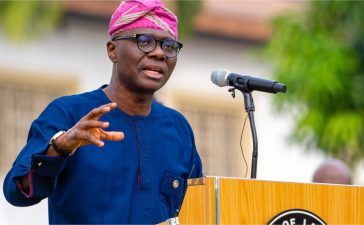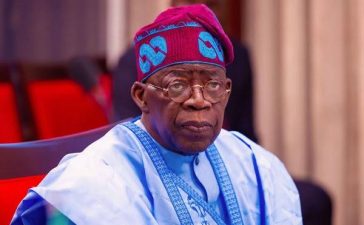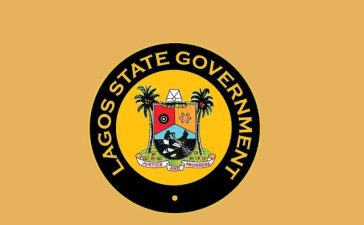Commuters across Lagos are facing severe disruptions as the Nigerian National Petroleum Corporation (NNPC) Limited has increased the price of petrol to N950 per liter amidst a growing fuel scarcity. This significant price hike has triggered long queues at filling stations, leaving many citizens struggling to secure fuel for their vehicles.
The surge in petrol prices follows NNPC’s admission of ongoing challenges in supplying fuel to local marketers. The corporation is grappling with substantial debt obligations to international oil traders, totaling approximately $6 billion. This financial strain has impacted NNPC’s ability to maintain a steady supply of petrol, exacerbating the scarcity across major cities.
Fuel shortages have notably returned to key urban centers, including Lagos and Abuja, where vehicles are lining up at the few operational filling stations. Even NNPC-owned stations have been affected, with some being completely shut while motorists wait in vain for fuel availability.
The increase in petrol prices and the accompanying scarcity highlight the ongoing struggles within Nigeria’s fuel distribution sector, driven by financial and logistical challenges facing NNPC. As the situation continues to unfold, citizens are left grappling with the impact of the higher costs and reduced availability of fuel.







